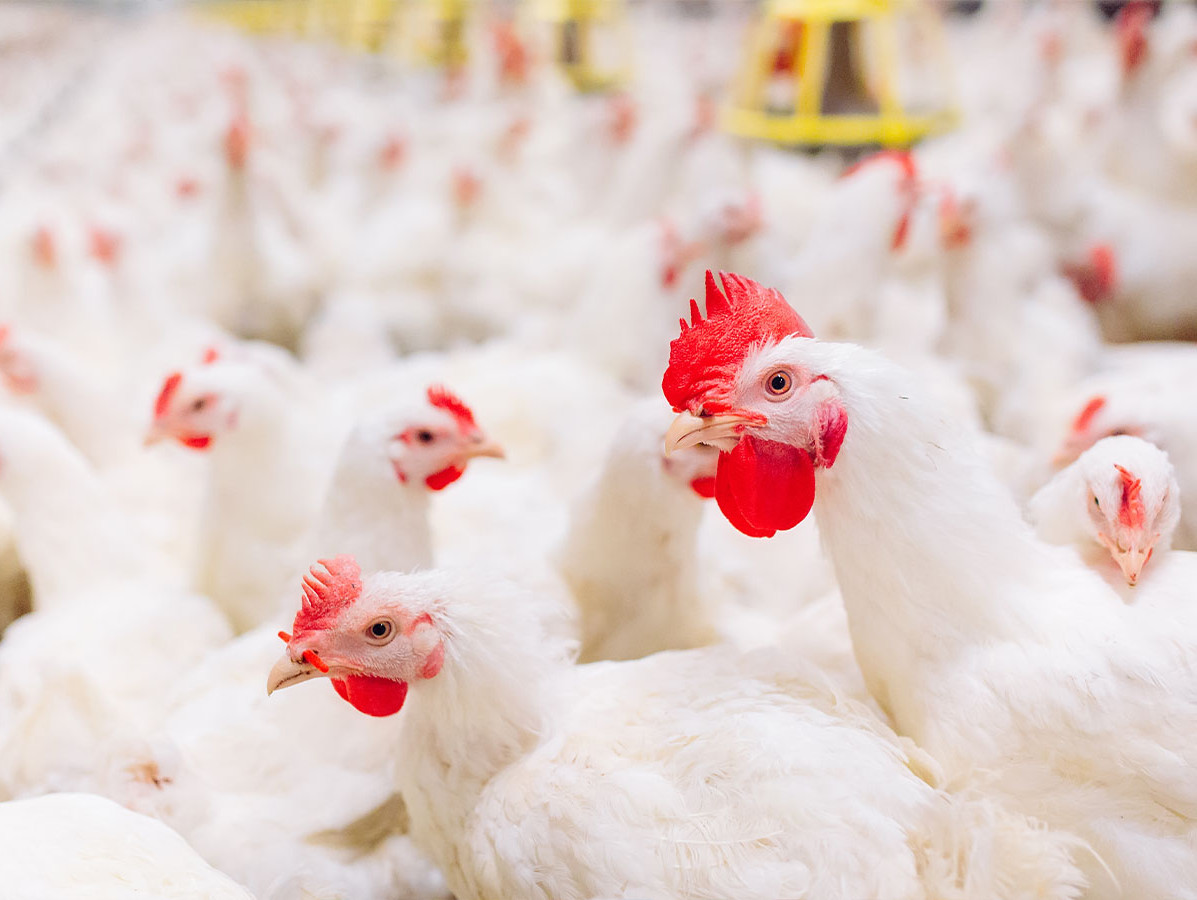
The top 10 best-read articles of May cover the impact of new regulations, innovative techniques, and trends shaping the sector. From cost increases due to welfare standards to the introduction of reusable packaging, and improving food safety culture within companies.
A new study reveals shocking cost increases for chicken meat in the EU due to stricter animal welfare standards. The implementation of the European Chicken Commitment (ECC) not only threatens to raise prices but could also have significant consequences for the economy, production, and the environment.
From January 1, 2026, a new allergen policy will come into effect in the Netherlands. “The goal was to create clarity; we wanted to reach agreements everyone could support,” says Yvonne Huigen, Coordinating Specialist Inspector at NVWA. And they succeeded, as the Dutch guideline is the result of close consultation between the Ministry of VWS, FNLI, CBL, NVWA, and patient organizations.
Vitelco in Den Bosch merges Brabant roots with high-quality technology in the food industry. With global customers and strict hygiene and safety requirements, choosing a reliable partner like Ruys Vloeren is essential. Learn how this collaboration ensures efficiency and quality, crucial for supporting the high production capacity of 7,500 calves per week.
In the beer industry, the reuse of glassware has been mainstream for decades. Is this also possible in the future for other products packaged in glass, such as canned vegetables, jam, and chocolate spread? Floor Stefess, an intern in product development at Brinkers Food, delved into the matter.
The food industry saw revenue drop by nearly 10 percent in the first quarter of 2024. March had the largest decline with a revenue drop of 11.9 percent. January (-9.6 percent) and February (-7.4 percent) also showed significant declines. Falling sales prices in the food industry played a major role. Overall, food sales prices in the first quarter fell by 1 percent compared to the same period a year earlier.
The new Dutch allergen policy dictates that everything must be done to prevent cross-contamination, but if this is not completely possible, a risk assessment must be conducted. We are moving from ‘warning just in case’ to ‘you may not warn unless you can demonstrate an actual risk.’ That risk must then be substantiated, says Marjan van Ravenhorst, owner of Allergenen Consultancy.
In 2022, a fire raged at Vee- en vleeshandel Mulder in Twello. The slaughterhouse was lost. But owner Daniel Clauzon did not give up. He built a new slaughterhouse, with modern equipment and a complete cleaning system from LETS.
Foam is generated during the processing of fresh vegetables and legumes. When Coroos in Kapelle also started processing organic products, the company developed a biological antifoaming agent together with Van Meeuwen Additives. A complex process, but it resulted in a bio-antifoaming agent that works well under all conditions.
Brilliant and Fresh Quality Support elevate food safety culture with extensive hygiene scans and customized training. The focus is on practical guidance and creating a shared mindset within companies. This approach ensures that food safety becomes deeply rooted in the organization, supported by initiatives such as the 'Brains bootcamp' and the future escape room.
Controlling the quality of hygiene in the food industry is only possible by monitoring cleaning activities on a daily basis. Eco2Clean has developed the software tool HIMS for the complexity of cleaning. Intensive discussions with customers, including Westfort Group, and own experiences in practice resulted in user-friendly software.
Source: Vakblad Voedingsindustrie 2024